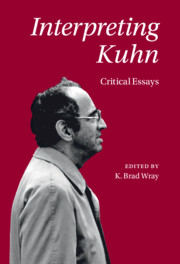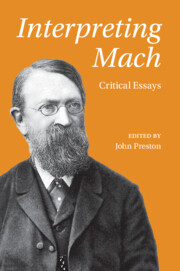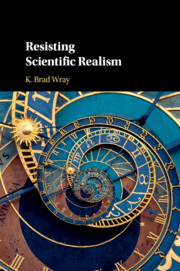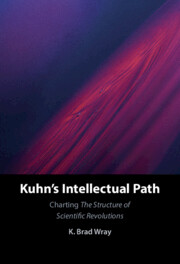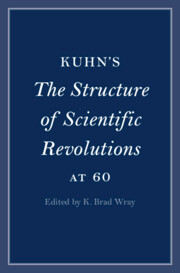Interpreting Kuhn
Interpreting Kuhn provides a comprehensive, up-to-date study of Thomas Kuhn's philosophy and legacy. With twelve essays newly written by an international group of scholars, it covers a wide range of topics where Kuhn had an influence. Part I deals with foundational issues such as Kuhn's metaphysical assumptions, his relationship to Kant and Kantian philosophy, as well as contextual influences on his writing, including Cold War psychology and art. Part II tackles three Kuhnian concepts: normal science, incommensurability, and scientific revolutions. Part III deals with the Copernican Revolution in astronomy, the theory-ladenness of observation, scientific discovery, Kuhn's evolutionary analogies, and his theoretical monism. The volume is an ideal resource for advanced students seeking an overview of Kuhn's philosophy, and for specialists following the development of Kuhn scholarship.
- Provides a fully up-to-date survey of Kuhn scholarship
- Makes Kuhn's thought and legacy accessible to new scholars or to those who want to find out how the scholarship has developed
- An ideal source for advanced students to get an overview of Kuhn's philosophy
Reviews & endorsements
'This collection sits at a perfect academic sweet spot: it is an excellent resource for advanced students and researchers who want to quickly get up to speed on the current state of the literature on Kuhn (1922–96), and it contributes meaningfully and importantly to the history of science … Required reading for scholars of the philosophy of science … Essential.' R. C. Robinson, Choice Connect
Product details
July 2021Hardback
9781108498296
288 pages
235 × 160 × 20 mm
0.53kg
Available
Table of Contents
- Introduction: The Road Ahead in Kuhn Scholarship K. Brad Wray
- Part I. Foundational Issues:
- 1. The Genealogy of Thomas Kuhn's Metaphysics Paul Hoyningen-Huene
- 2. Kuhn's Kantian Dimensions Lydia Patton
- 3. A Public Intellectual and a Private Scholar: On Thomas Kuhn, James B. Conant, and the Place of History and Philosophy of Science in Postwar America George A. Reisch
- 4. Kuhn and Logical Positivism: On the Image of Science and the Image of Philosophy J. C. Pinto de Oliveira
- Part II. Three Core Concepts:
- 5. Mop-Up Work William Goodwin
- 6. Kuhn and the Varieties of Incommensurability William J. Devlin
- 7. Reassessing the Notion of a Kuhnian Revolution: What Happened in Twentieth-Century Chemistry. A Commentary on Wray's Claim of the Discovery of Atomic Number as a Revolution in Chemistry Eric R. Scerri
- Part III. Kuhnian Themes:
- 8. The Copernican Revolution Since Kuhn Peter Barker
- 9. Kuhn, the Duck and the Rabbit – Perception, Theory-Ladenness and Creativity in Science Vasso Kindi
- 10. Kuhn on Scientific Discovery as Endogenous Thomas Nickles
- 11. Truth, Incoherence and the Evolution of Science Jouni-Matti Kuukkanen
- 12. Reassessing Kuhn's Theoretical Monism: Addressing the Pluralists' Challenge K. Brad Wray.

